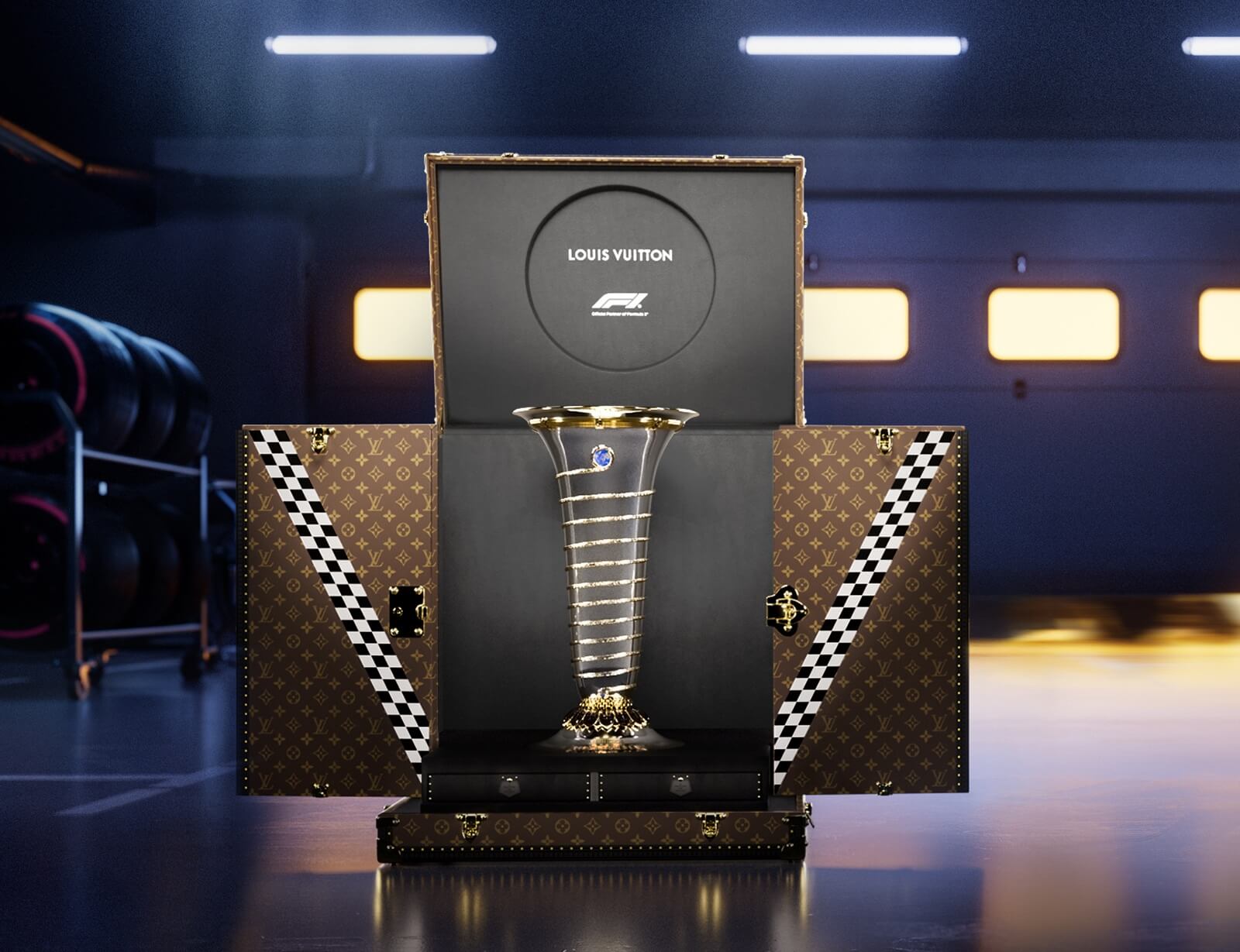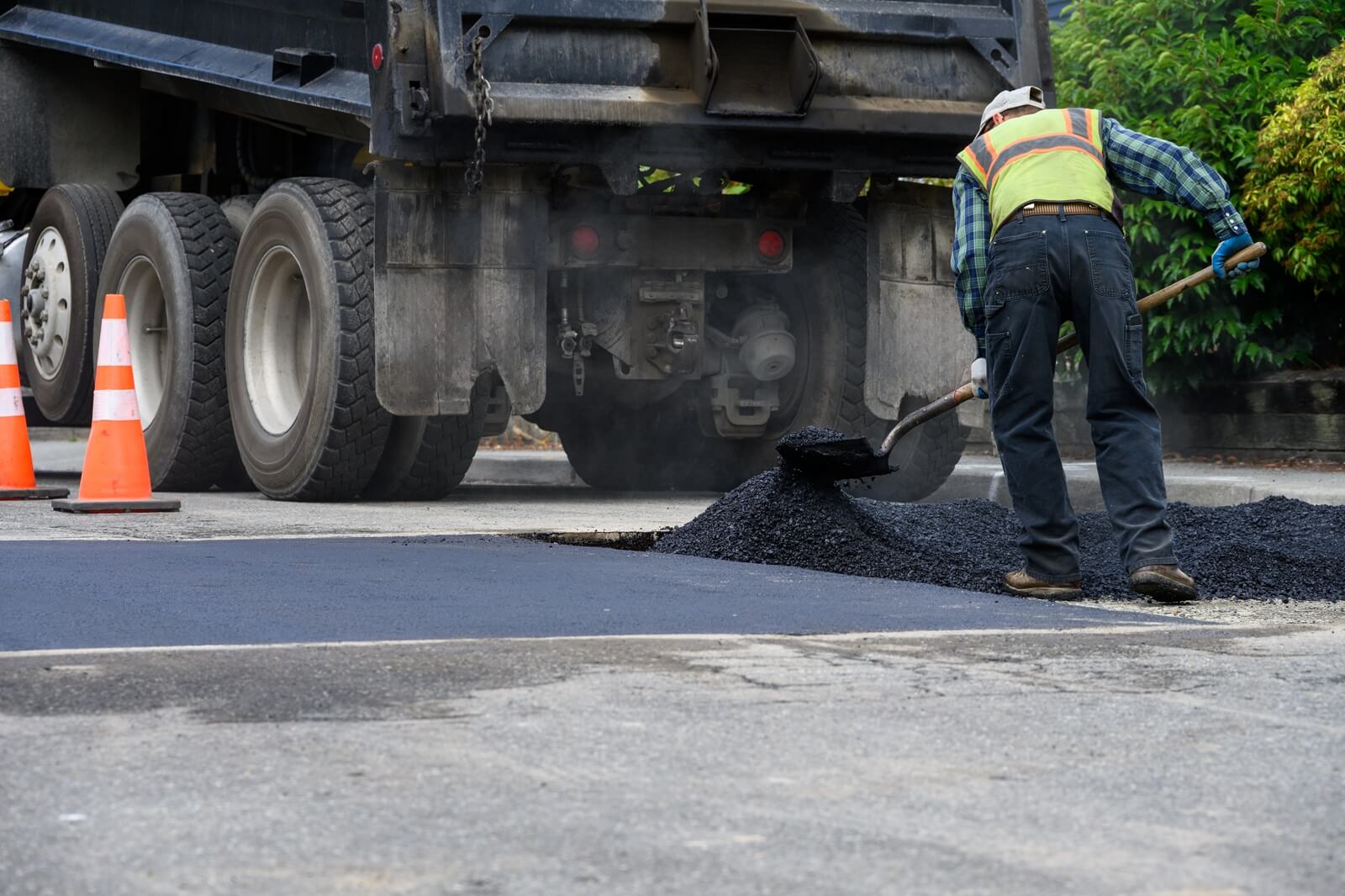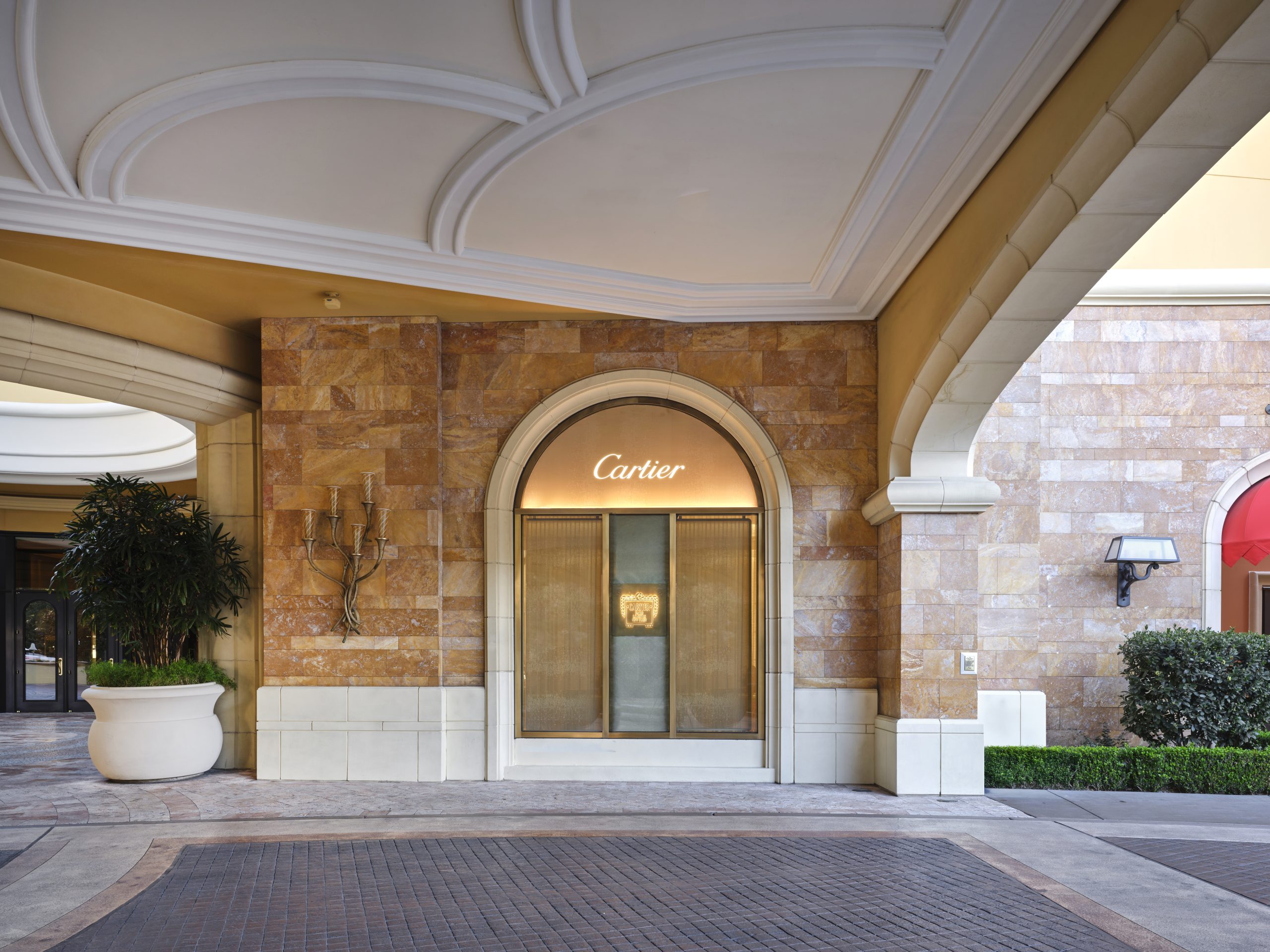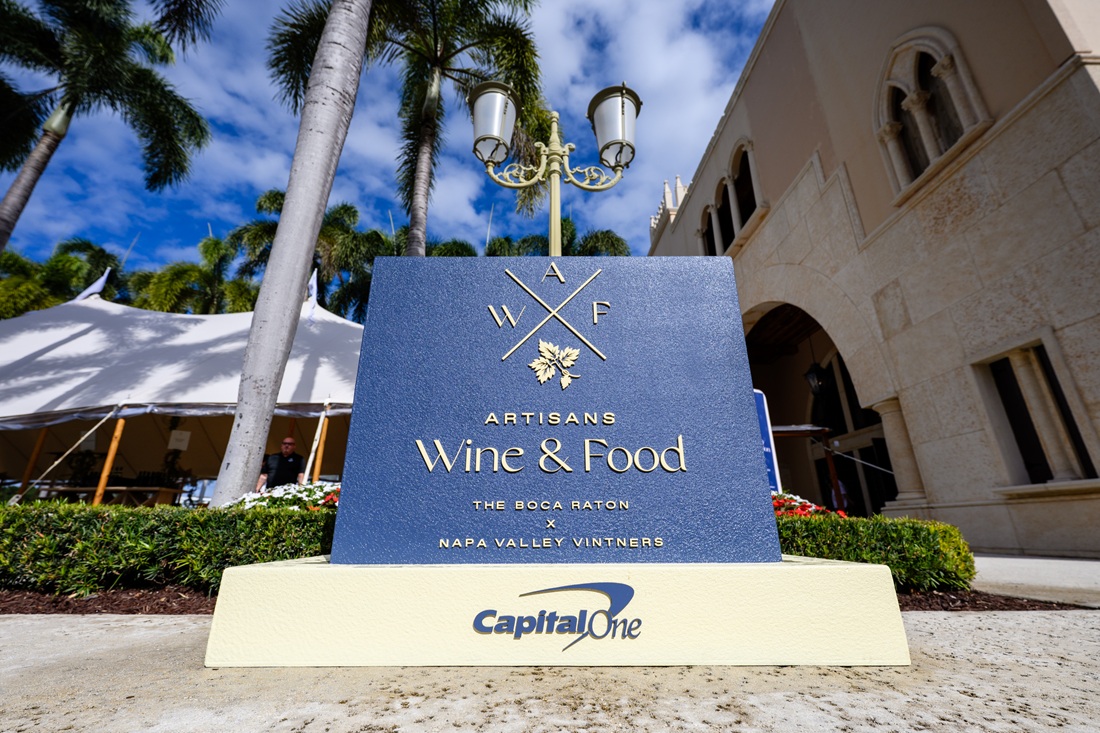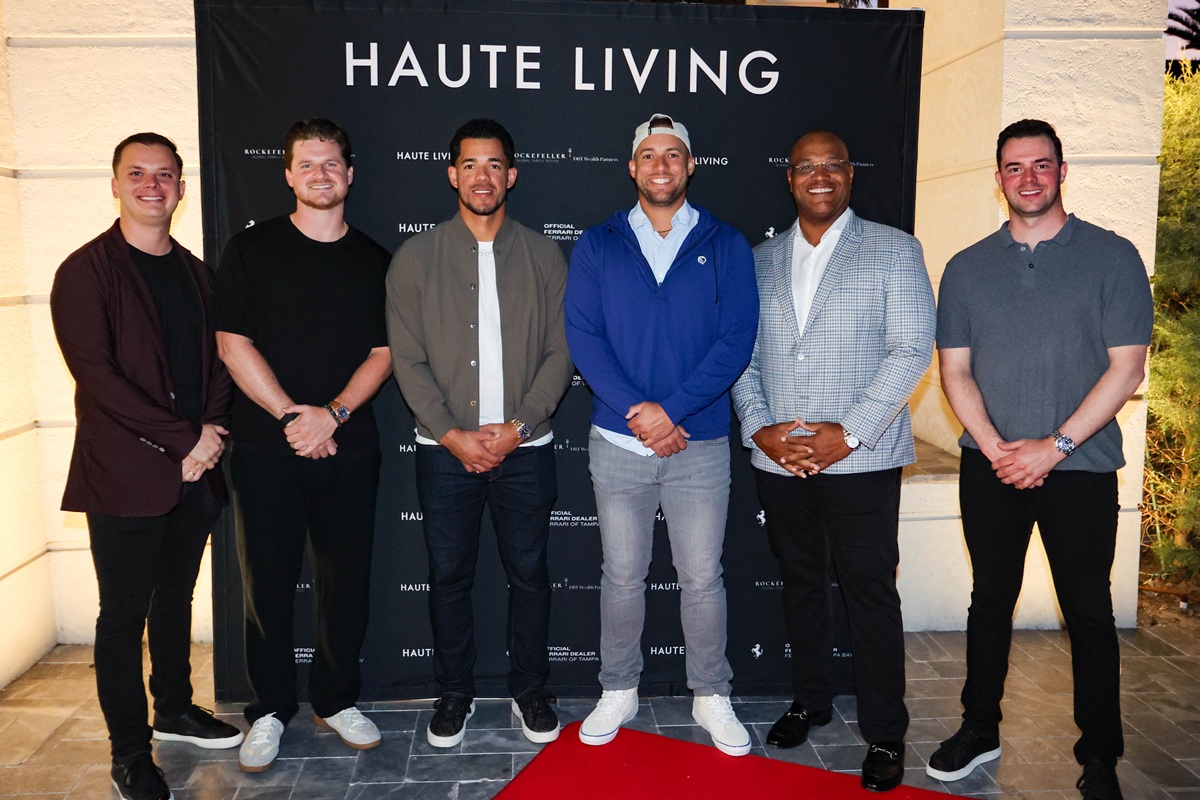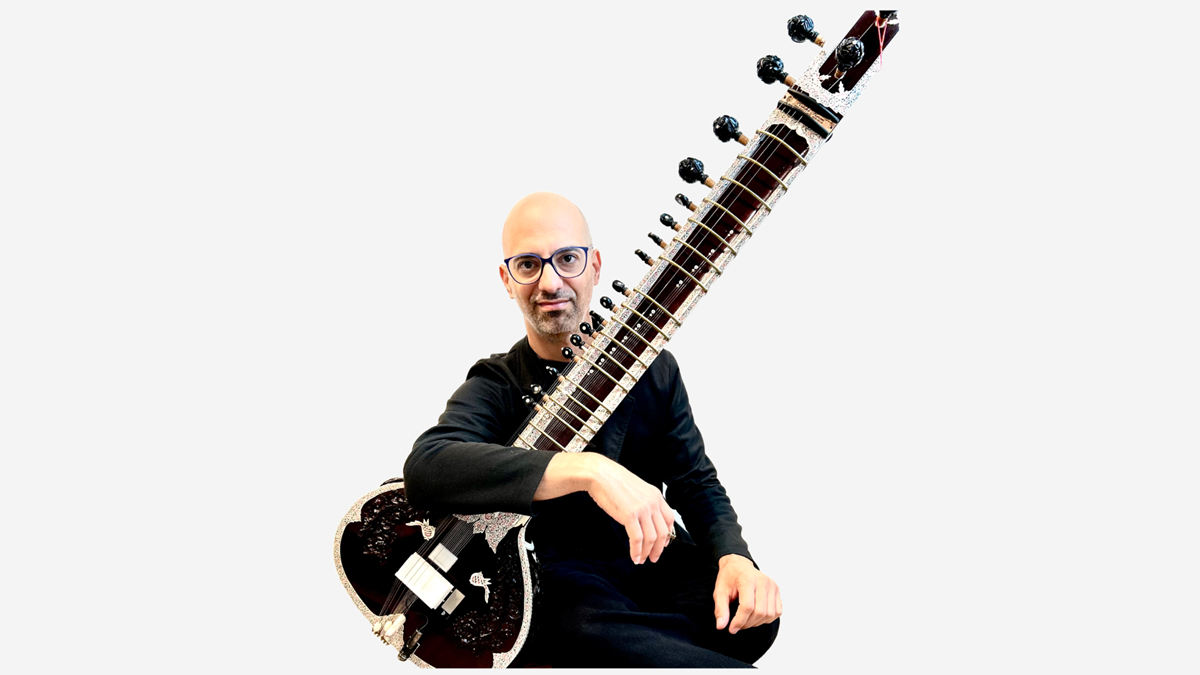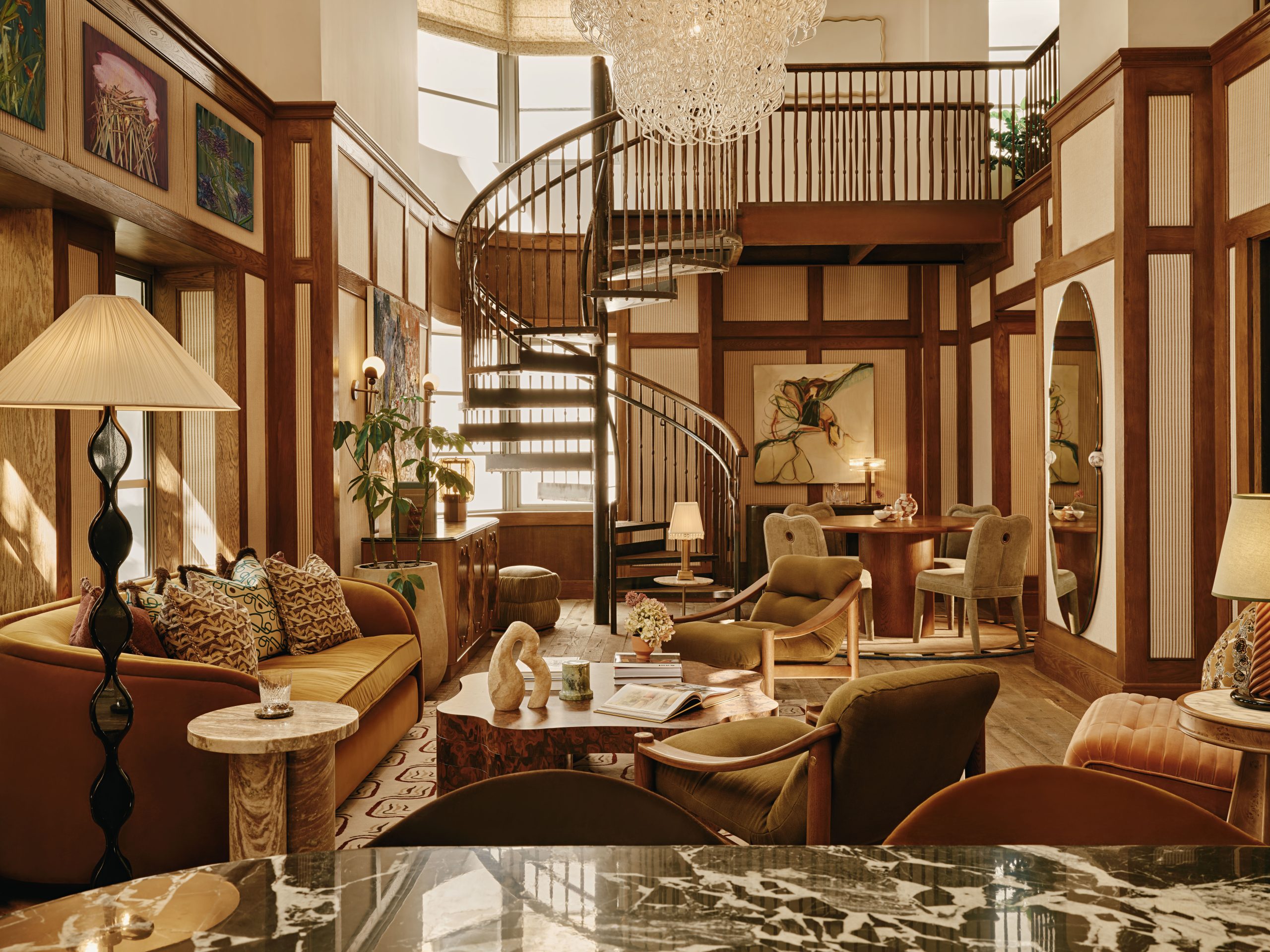Chef Talk Dallas: John Tesar

From reinventing a traditional steak house to bringing a culturally infused culinary perspective to Texas, visionary Chef John Tesar has made his mark in the culinary world. A highly sought after consultant, three-time James Beard “Best Southwest Chef” semifinalist and “Top Chef” contestant, Tesar is known for his authenticity, direct personality and avant garde interpretation of contemporary American cuisine. Attending La Varenne École de Cuisine in Paris, he received a classical French training and embarked on what would become a long, tumultuous and very successful culinary career.
At the young age of 24, Tesar began his career in New York at Club Pierre in West Hampton, which he later owned and operated for 11 years. Followed by stints at 13 Barrow Street, 44 & Hell’s Kitchen and Vine, he went on to work alongside, Anthony Bourdain at the renowned Supper Club. By the mid 80’s Tesar had earned a reputation as a high profile chef in the city. Always looking for the next project, he moved to Las Vegas where he worked with Chef Rick Moonen at RM Seafood in Mandalay Bay Resort for a little over two years.
In 2006 Tesar moved to Dallas and successfully took over Dean Fearing’s position, as executive chef at the Rosewood Mansion on Turtle Creek earning two five star reviews. After his departure from The Mansion he went on to open Spoon Bar & Kitchen, an upscale seafood restaurant that received recognition in Condé Nast Traveler’s “Best New Restaurants in the World,” Bon Appetit Magazine’s “The Best New Restaurants of America in 2013” and Esquire magazine’s “The Best New Restaurants of 2013.”
One of his newest concepts, Knife is Tesar’s vision and reinvention of what a contemporary steak house should be. Opened in May 2014 at the Highland Dallas Hotel, it has been named one of Eater National’s “Most Anticipated Openings,” Esquire magazine’s “Best New Restaurants”, Zagat’s “Hottest New Restaurants” Maxim’s “America’s Best Steakhouse Specialties” and featured on Esquire Network’s “Restaurant Revolution.”
Last year, Tesar collaborated with Apheleia Restaurant Group, whose establishments include PakPao Thai, El Bolero, Quill and Oak by becoming the executive chef and partner for Oak. A restaurant focused on a global palette, he created a menu reflecting his unique approach of pushing culinary boundaries with robust, provocative cuisine.
The master of reinvention and always looking to the future, Tesar will be developing a hotel in Memphis located on the picturesque Mississippi River that will feature a restaurant and bakery, working on a modern meat cookbook, published by InkWell Management and television show for Food Network.
With 20 plus years in the restaurant industry, Chef John Tesar continues to be a force to be reckoned with in raising the culinary bar. Recently, Tesar appeared on Food Network’s Beat Bobby Flay, a reality show where two chefs go head to head for a chance to beat Flay with a dish of their choice. Fresh from the battle, Haute Living had the opportunity to catch up with Tesar, who still remains the most provocative chef in Dallas, to learn a little bit more about his “beef” with Bobby Flay.
Being the “steak guy” were you pretty happy that they picked flank steak for your battle against Terry Sargent? With just 20 minutes you don’t really care what it is. You’re just glad it’s something that isn’t rubbery!
Was there an ingredient that you were hoping you wouldn’t get? Not really, I’ve done so much of this competitive cooking on television. Now for me it’s about learning more about myself and seeing how effective one can maneuver cooking while entertaining at the same time.
Part of being a chef is having the ability to be creative and think quickly on your feet. Do you think it’s a coincidence that both you and Sargent did tacos with the flank steak?
I think tacos is what you should do with flank steak. I don’t really look to see what the other guy is doing because it’s a waste of your time. And if you looked at our plates side by side, I made tacos and well; he made something else.
During the show you joked around that you and Bobby were “frenemies’ How long have you known each other?
Bobby and I have been friends for close to 30 years, him, Bourdain and myself. We came up during that period when American cuisine was really formulated and our successes were made or broken. I have a lot of respect for him.
In your battle with Bobby Flay you picked Beef Wellington; why?
Given its components and technicality, I thought it would be an interesting dish to watch two chefs make on television in 45 minutes. It’s a classic but there’s a lot of technique and components to it. I also wanted to prove to myself that I could do it!
Why were chanterelles your choice of mushroom for the beef wellington?
It’s my favorite mushroom nice, woodsy and soft especially when you wilt them with butter but not too much because that makes them soft and mushy.
Starting your career off in New York then coming to Dallas; how do you think the NY and Dallas culinary scenes differ?
Things come here a little bit slower than in NY and the people are more traditional which affects their interpretations of cuisine.
Since you’ve been in Texas, how much do you think southern food has influenced your cooking style and ingredient choices?
It’s influenced my food in the sense that I’ve become good friends with Aaron Franklin and a lot of barbecue guys. I’ve had the opportunity to meet a lot of ranchers so it’s helped me understand the product and the business so that I can relate it back to my menu. Also using some of the slow cooking techniques that are more barbecue or southern in style than what I was accustomed to has really elevated my French technique in the understanding of temperatures and marinating. It has really affected the way I look at certain cuts of meat.
Dallas is a city of growth, what do you think is something that is emerging in the Dallas culinary world? Becoming more national and international. It’s becoming more eclectic and people are more adventurous, hopefully not because it’s trendy but for the right reasons.
If you weren’t a Chef what would you be doing?
I would be playing guitar in a rock band; or maybe an actor but that may be too risky.
Who is someone you would most like to cook for?
A number of people oddly enough: Michael Douglas, George Clooney and Danny Devito because for some reason I look at them as a little Rat Pack and I would love to eat and drink with them and see how they interact and relate to their success.
Do you have any mentors and if so what did you take away from them?
I’ve had plenty of mentors, some that I haven’t had the opportunity to work with but emulated what they’ve done in restaurants. Rick Moonen has definitely been a mentor to me, in the sense that he’s a real chef’s chef out of New York, rugged and old school. There were a couple of teachers where I went to school in Paris, that people wouldn’t know their names but were tremendous in teaching me the real foundations of French cooking like Escoffier, a dying art which kind of separates me from the pack today because a lot of people don’t know how to make these sauces and I saw them first hand when they were still relevant in cuisine. Then there is Eric Ripert who has been an influence of my love of seafood. When I did Spoon it was like paying homage to Le Bernardin.
Last day on Earth what city would you be eating in?
My last day on Earth I would like to be somewhere near the ocean!
What would be your last meal?
Champagne and caviar until I die. Maybe if I was drunk and hungry I’d eat steak, but nothing too fancy since I would be about to check out.
How would you describe your cooking style?
Free willing. A lot more focused these days. Depends on the challenge or concept. Adaptable. Experienced.
Sommelier or Mixologist?
Sommelier
What are some of the things that have influenced your cooking the most?
Experience and maturity: After you loose that neediness of being validated then you can focus on what’s important and that’s making everything taste good! Travel: Seeing others people’s food. You need to compare. I’ll give you an example, when I did the Chef’s room at the Mansion I went to some of the world’s most famous 3 Star Michelin restaurants just to measure what I was going to do against them. That’s my beef with local food critics, there is no path to obtain a proper comparison. Their reviews are “willy nilly,” they don’t provide a path for you to get to the three or the four. They just come in give you a two and then the other guy a four. Why would we listen to only one person’s opinions, as if they are the only ones that can dictate taste? The era of the critic is over. The electronic world has made it so that everything is subjective.


